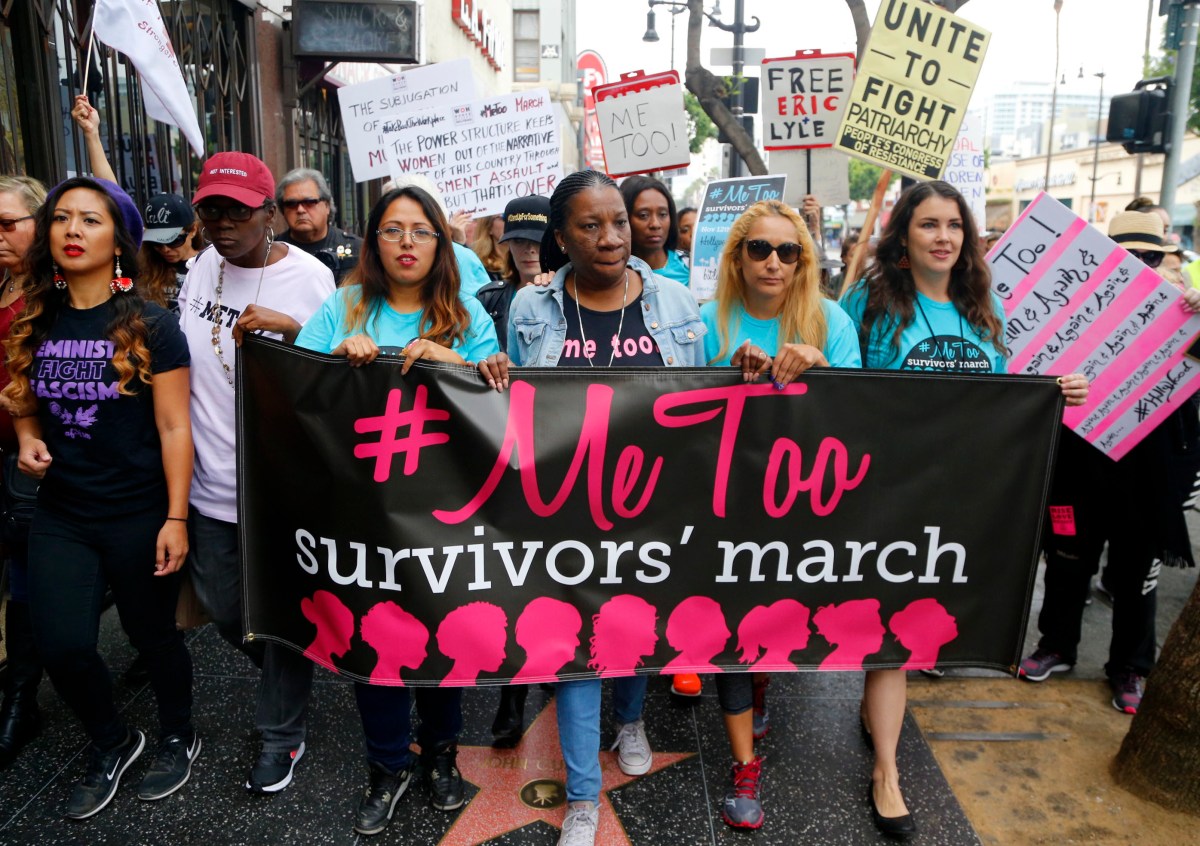Those calls offering free cruises, loan modifications, supposedly important information from the FBI and more could soon stop coming to your cellphone unless there is a real human making the call.
Just as experts warn that robocalls and the scams they often peddle are becoming more pervasive, the Massachusetts House gave its initial approval last week to a bill (H 201) filed by Mattapoisett Rep. William Straus to ban all robocalls to mobile phones or other electronic devices.
The bill, a similar version of which was initially approved by the House two years ago, defines a robocall as any “automated phone call that uses both a computerized auto-dialer and a computer-delivered pre-recorded message” and makes exceptions for things like messages from school systems, alerts from the government and some calls from health care providers.
The bill assigns enforcement of the robocall ban to the attorney general, specifically authorizing injunction powers and the ability to levy a civil penalty of not less than $10,000 for each knowing violation, and not less than $1,500 for a knowing violation involving a consumer who is 65 years old or older. The bill authorizes the attorney general to issue investigative demands and subpoenas, administer oaths and conduct hearings as part of investigations.
Straus did not return calls Monday or Tuesday from the News Service inquiring about his bill.
Unwanted calls, including robocalls, are the number one consumer complaint to the Federal Communications Commission, the FCC said. The Federal Trade Commission, which oversees the Do Not Call Registry, logged 4.5 million complaints about robocalls in 2017, more than double the 2.12 million complaints received in 2015. And all indications suggest the problem is getting worse.
The robocall-blocking service YouMail said it estimated there were 30.5 billion robocalls made to American homes and businesses in 2017, more than the previous record of 29.3 billion set in 2016.
“To put that in perspective, that’s over 100 robocalls in the past year for every adult in the country. That’s nearly 1000 robocalls a second. That’s over 80 million robocalls a day,” the company wrote on its blog earlier this year. “That’s despite the FCC and FTC cracking down. That’s despite carriers trying to block calls from the bad guys. That’s despite people giving up their home phone lines because they’ve become inundated.”
Easier and Cheaper
And last month was the busiest month on record for robocalls with an estimated 3.36 billion calls placed robotically in April, YouMail said. April was the second month in a row to set a new record and only the second time YouMail has counted more than 3 billion robocalls in a month, the company said.
Boston was the 36th most robocalled city in the county, according to YouMail, with more than 25 million robocalls made to Boston in April.
“Despite a growing focus on this problem by government officials, telecom carriers and smartphone makers alike, we continue to see robocall volumes spike across the United States on a regular basis, with no apparent end in sight,” YouMail CEO Alex Quilici said in a statement.
It has become far easier and cheaper to make robocalls and to mask the caller’s true identity through caller ID information, the FCC said. People behind robocalls have used Internal Revenue Service phone numbers without an outgoing line to mask their true phone number, the FCC said, leading to fraud and identity theft.
In November, the FCC approved new rules to allow voice service providers to block calls purporting to come from phone numbers that do not or cannot make outgoing calls, or that come from invalid numbers.
Business organizations have warned that legislative action against robocalling that defines the practice too broadly could prevent legitimate businesses from efficiently reaching their customers with relevant information.
“The influx of fraudulent and illegal robocalls by bad actors has become an ever-growing problem for consumers,” Richard Hunt, president and CEO of the Consumer Bankers Association, wrote in a letter to the congressional committee studying bills dealing with robocalls. “As Congress examines how to prevent these burdensome calls and address those with ill-intentions, it is imperative to distinguish these robocalls from the beneficial communications between legitimate businesses and their customers.”



















